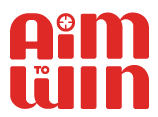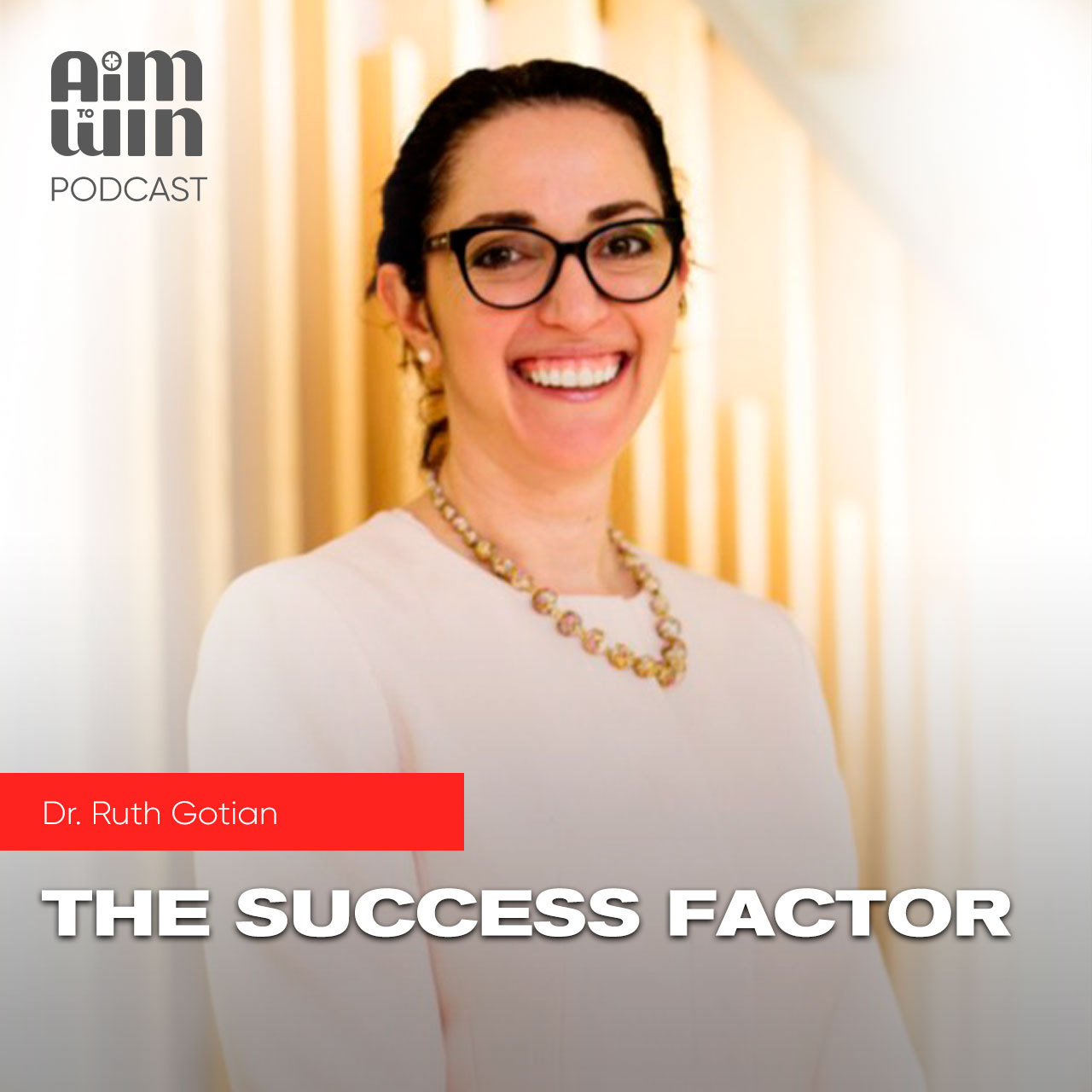Listen to the episode right here.
Dr. Ruth Gotian is the Chief Learning Officer and Assistant Professor of Education in Anesthesiology and former Assistant Dean of Mentoring and Executive Director of the Mentoring Academy at Weill Cornell Medicine. She has been hailed by the journal Nature and Columbia University as an expert in mentorship and leadership development.
In 2021, she was selected as one of 30 people worldwide to be named to the Thinkers50 Radar List, dubbed the Oscars of management thinking. Recently, she won the Thinkers50 Distinguished Achievement – Radar Award given to a “thinker with the potential to change the world of theory and practice” and cemented her place as the #1 emerging management thinker in the world. She is also a semi-finalist for the Forbes 50 Over 50 list.
In addition to publishing in academic journals, she is a contributor to Forbes and Psychology Today where she writes about ‘optimizing success’. Her research is about the mindset and skill set of peak performers, including Nobel Prize winners, astronauts and Olympic champions. Her forthcoming book, The Success Factor, will be out in January and now available for pre-sale.
Podcast Highlights
Who is Dr. Ruth Gotian?
Dr. Ruth Gotian got her Bachelors and Masters in Business and worked the first two years of her career in Finance, but quickly realized that just because you’re good at something that doesn’t mean you should do it. She loved teaching students and wanted a different type of experience so she found the most competitive program she could find and ended up running it for 20 years.
She went back to school herself at the age of 43, got her doctorate, and now studies the highest achievers in the world.
The Success Factor
Success is a learned skill. There are four mindsets of extreme high achievers and Dr. Gotian’s book goes into each and how you can learn the same skills.
The key to the highest levels of success are living the four mindsets simultaneously and depending on your life situation, there are different ways to approach and incorporate them into your life.
The first factor is the intrinsic motivation. High achievers do what they do because they love it, not for the accolades. The second factor is their perseverance and because they have a reason for what they do, they learned how to optimize their peak cognitive time. The third factor is a strong foundation that is constantly being reinforced. The fourth factor is constant learning in an informal way, opening their mind to knowledge and mentors that can show them the way.
High achievers also avoid certain behaviors. By using your goals as a signpost, you can evaluate what is helping you reach that goal and what is pulling you in a different direction. If it doesn’t align, resign.
The best first step is to figure out your passion and what you enjoy doing. If you have trouble sleeping because you want to keep doing what you’re good at or find yourself waking up early and excited to go, you’re on the right track. When you enjoy something you want to stay and practice longer and find it easier to get into a flow state that creates high performance.
What kind of mentorship should people be seeking out?
You should have three levels of mentor. People who are senior to you and have an understanding of how things work. Peer mentors that you can share your experience with. And people that are junior to you that you can help raise as well.
Being Productive vs Being Busy
We are all busy, but we are rarely productive. You can optimize your time by understanding when your peak cognitive hours are and keeping them in mind when doing your most important work.
Links:

